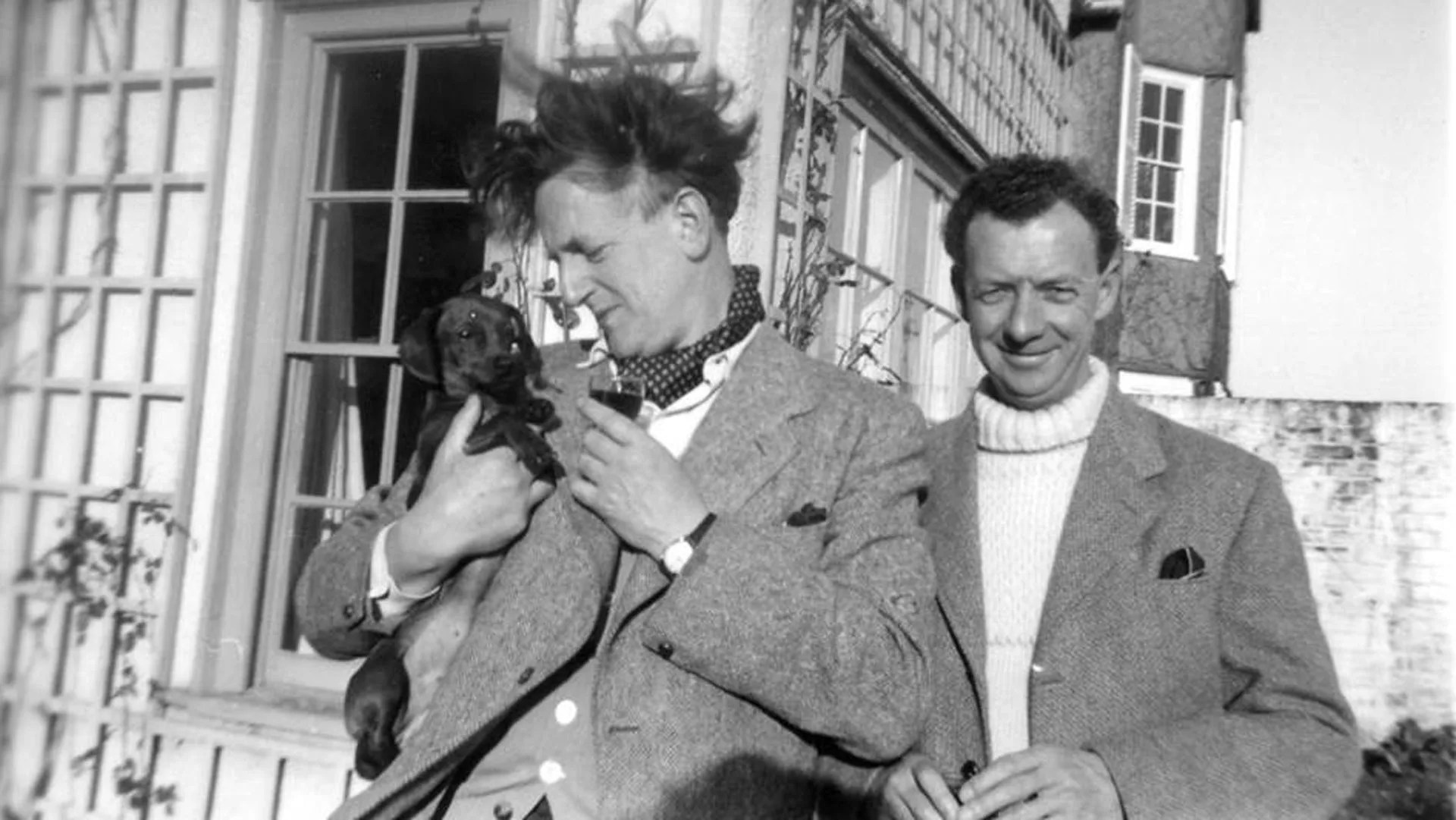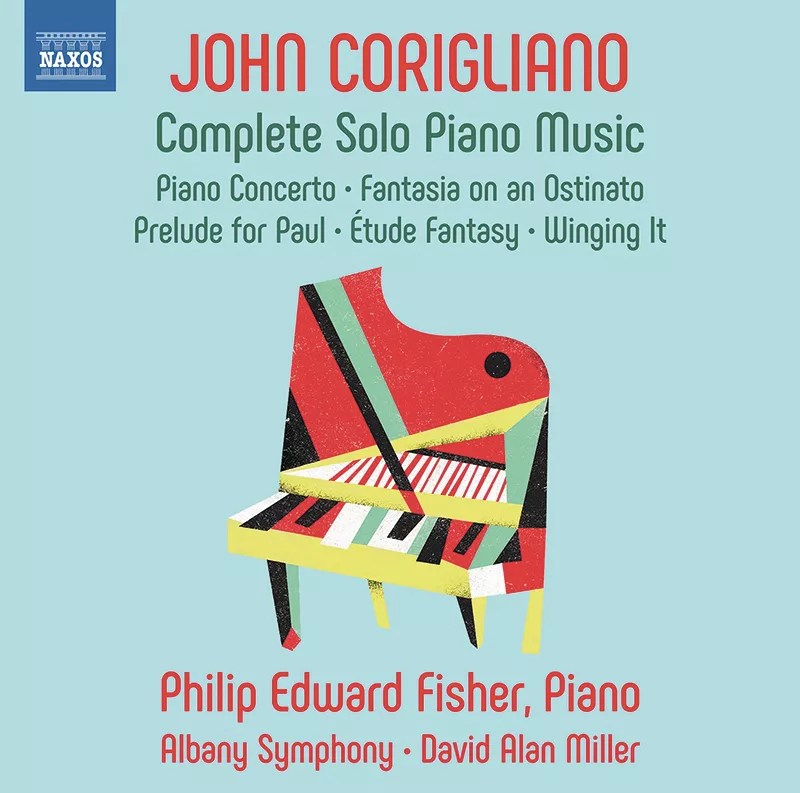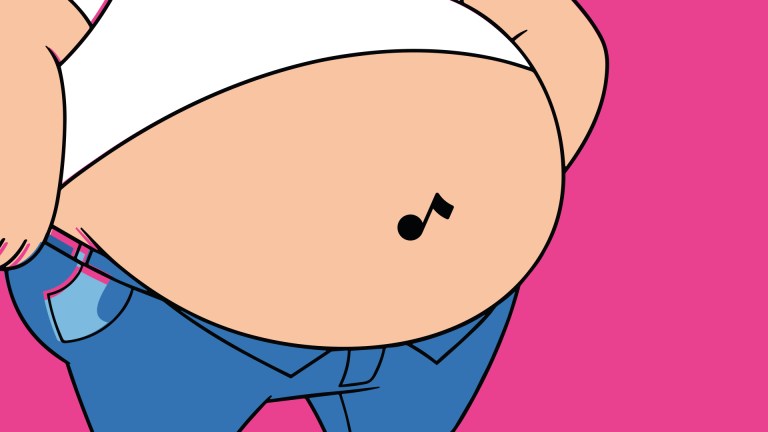Two immaculately dressed men, both sporting tailored tweed jackets – one wearing a cravat, the other in a knitted roll-neck – are caught on camera in an uncharacteristically casual pose. The taller man, hair swept off of his face by a breeze, cuddles a miniature dachshund, gazing affectionately towards her bright eyes. The next man looks directly at the lens, his expression relaxed.
The picture is black and white; the story is colourful: here are Benjamin Britten, Peter Pears and Clytie the sausage dog, shown at their home in Suffolk around 1954. If Clytie was on TikTok today, her posts would be about her dads getting ready for the next Aldeburgh Festival and the latest musical star to have called in for tea. But despite their decades-long relationship that began in 1939, the composer and tenor never directly addressed this family life in public, focusing instead on their on-stage partnership. That’s because until 1967, homosexual acts were a criminal offence – and mainstream social acceptance was a distant dream.
Your support changes lives. Find out how you can help us help more people by signing up for a subscription
Nevertheless, as one of England’s star composers, Britten found an artistic space in which to creatively explore and support his romantic life, writing dozens of songs for Pears, as well as operas that gave him leading roles. Britten’s music is performed everywhere, but nowhere does it have more impact than in Aldeburgh, where the duo established an annual festival in 1948. This year’s instalment (9-25 June) includes a song trail (14 June), taking audiences on a promenade around the town, marking Britten’s dalliances with cabaret and sacred poetry. The morning culminates with a recital by Roderick Williams, fresh from his appearance at the coronation, where he sang Confortare, arranged by John Rutter, and provided his own piece, Be Thou My Vision – Triptych for Orchestra.
Britten’s 1940 song cycle Seven Sonnets of Michelangelo was among the first music dedicated to Pears. It is the centrepiece of Welsh tenor Elgan Llŷr Thomas’s new album Unveiled (out 23 June), a programme featuring poetry and music by LGBTQ+ artists that will be performed in concert (29 June) as part of Wigmore Hall’s Pride event. “The final two sonnets are a huge outpouring of eternal love – I’m singing them in an English translation by Jeremy Sams and the effect is immediate,” says Thomas, “You only have to read some of the letters between Pears and Britten to know how much they loved each other.” [Correspondence was published in 2016’s My Beloved Man: The Letters of Benjamin Britten and Peter Pears; the title refers to a note Britten wrote in 1942.]
- Abolish binary ideas about classical vs contemporary music and everybody wins
- Pride at 50: ‘What has been kept alive is the spirit of fun that marked out that first march’
- Silver Pride pioneers in overdue celebration of older LGBTQ+ people
The collection also includes the world-premiere recording of Ruth Gipps’ Four Songs of Youth, set to texts by Rupert Brooke and music by Llŷr Thomas using poems by Andrew McMillan – who was inspired by Matthew Bourne’s all-male production of Tchaikovsky’s Swan Lake – and Songs for Achilles by Michael Tippett. “That cycle is unambiguously homoerotic,” says Thomas, “Tippett had already written a gay relationship in [his opera] The Knot Garden, so he was bold artistically, despite personal struggles.”










